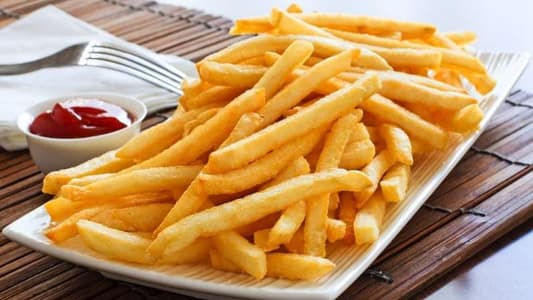Ordering spicy takeout or dousing your meal in hot sauce may seem like a good idea at 7:00pm, but if you’re tossing and turning come 11:00pm, then you’re likely to regret your dinnertime decision! In some people, spicy foods can trigger gastroesophageal reflux disease (GERD)-better known as acid reflux. It occurs when your food and stomach acids rise back up through the valve at the top of your stomach and into your esophagus. The result is painful heartburn. And if acid reflux occurs during nighttime hours, it can make getting to sleep difficult, as you may find that the sensation worsens every time you lie down.
Spicy foods aren’t the only culprits: Heavy or rich foods that are tricky to digest, fatty foods (such as meals that are fried), citrus fruits, carbonated and caffeinated drinks, alcohol, and mint can also trigger GERD. Although different foods trigger acid reflux in different people, there are steps you can take to minimize the chance that heartburn keeps you awake at night:
1) Keep a Diary. While it’s true that acid reflux can be inconsistent (a dish may leave you with heartburn one night but not even affect you the next time you eat it), keeping a log of what brought on the heartburn can help you identify patterns over the course of a few months. Once you link a particular food to the onset of acid reflux, do your best to keep it out of your diet.
2) Move Dinnertime Up. Approximately 50 percent of people with heartburn suffer from nighttime reflux, and the later you eat, the higher the chance that your meal will interfere with your sleep. Give your stomach enough time to empty itself by eating dinner at least three hours prior to bedtime.
3) Don’t Light Up. Smokers are more prone to GERD than nonsmokers, so putting down your cigarettes for good can help solve your acid reflux problem and lead to better slumber. If you need help quitting, talk to you doctor or call a help line.
4) Slim Down. If the scale goes up, your risk of acid reflux does, too. That’s because being overweight puts pressure on the valve between your esophagus and stomach, increasing the chance that acids will flow up.
5) Grab an Extra Pillow. Thanks to gravity, elevating your head with two pillows is a natural way to help prevent the content of your stomach from rising back up. Or consider investing in a wedge-shaped pillow, which props up your head higher than a normal pillow and is designed to treat this exact problem.
6) Start Chewing. Ending your dinner with a stick of gum may actually help decrease the chance of heartburn. Just be sure to choose a fruity flavor, as mint can make the problem worse.






TWEET YOUR COMMENT